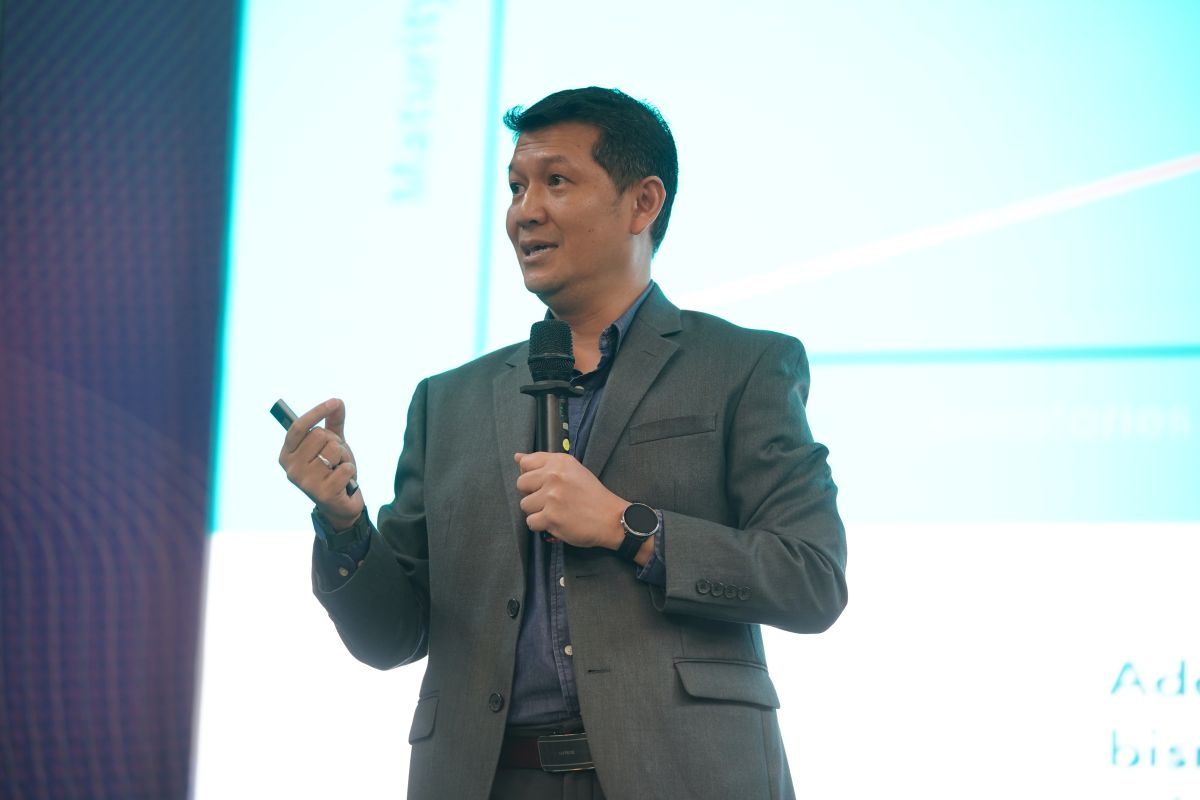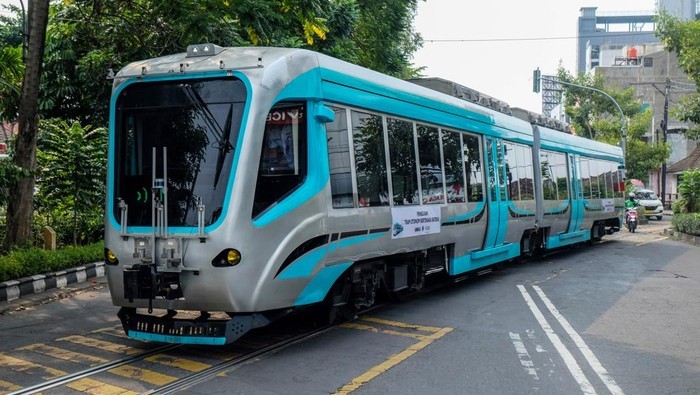ITB Instrumentation and Control Research Group to Develop Autonomous Vehicle in Indonesia
By Adi Permana
Editor Adi Permana

BANDUNG, itb.ac.id – The demand for autonomous vehicles is increasing from time to time. Global Market Model predicted that the market for an autonomous vehicle will increase by 16,84% globally by 2023. Moreover, President Joko Widodo wishes that an autonomous system can be applied to all city aspects of Indonesia's new capital city. Those factors surely contribute to the increase of the research and development of the domestic autonomous vehicle.
The Instrumentation and Control Research Group from the ITB Faculty of Industrial Technology presented an overview of the advancement of autonomous vehicles (AV) research in Indonesia at a virtual workshop on Monday (31/5/2021). The workshop was presented by the head of Instrumentation and Control Research Group, Prof. Dr.-Ing Yul Yunazwin Nazaruddin, and one of its researchers, Augie Widyotriatmo, S.T., M.T., Ph.D. Both of the speakers are members of the Indonesian Ministry of Transportation team which is currently working on a study that will regulate the use of an autonomous vehicle in Indonesia's new capital.
In the opening section, Prof. Yul introduced the profile of his Research Group which is also doing research on the latest Artificial Intelligent (AI) technology such as Machine Learning and Deep Learning. "At first those are a branch of computer science that develops an intelligent machine capable to act, to think, and to make decisions like human; so, it comes to how we can substitute humans with machines," he explained.
The Application of AI and Its Advancement
AI in an autonomous vehicle requires numerous technologies; prediction, sensors, and control to name a few. Some of the research project in AV that has been carried out by the Instrumentation and Control includes:
1. developed an autonomous car for trajectory tracking by using the Machine Learning approach
2. developed an autonomous car with object identification and advance track identification capability by using Deep Learning
3. developed autonomous bus with CNN (detection) based object identification system and Lyapunov-stability based track adjustment system, and
4. some other experiments
Augie added that AI can be implemented on autonomous vehicle systems as an object imaging system, movement control system, crash prevention system, and decision making. He conveyed that his team has used a combination of physics law with AI to construct a motion control system. He further explained that the process begins with deriving the model, designing and testing the system stability, running a simulation of the system, and finally using AI to do an optimization.
Can AV be Implemented in Indonesia?
Indonesia has a very long toll road. A toll road is a perfect place to fully optimize autonomous vehicle capability. Moreover, we could develop an autonomous bus that is suited for the new capital city.
"As an Indonesian Citizen, we should be more aware of this. We need to exploit this opportunity so that we can contribute to the advancement of this transportation technology," said Augie in his closing remark.
Reporter: Ristania Putri Wahyudi (Mathematics, 2019)
Translator: Favian Aldilla (Civil Engineering, 2019)



.jpg)

.jpg)


